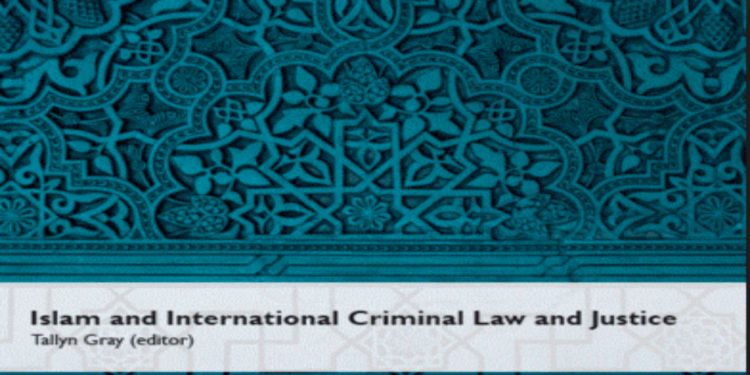By Thomas Verfuss
Sub-Saharan Africa, Western Europe and Latin America are very widely represented at the ICC (African states being the biggest group), but in the Islamic world, there are lots of white spots on the Rome Statute ratification world map. For many years, Jordan was the only Arabic state party. Major Islamic states, like Indonesia, Egypt, Pakistan and Iran, are absent from the court.
Dr Tallyn Gray, who researched the issue for the International Nuremberg Principles Academy, says there are two prevailing myths in the Islamic world that create an atmosphere of hostility to more ratifications and accessions. Firstly, international criminal law is described as a Western system imposed on other parts of the world. Secondly, international criminal law is described as incompatible with Islamic civilisation and tradition.
The first statement is a myth because international criminal law is a relatively new development within the centuries-old public international law: it flourished in Nuremberg, was taken further at the International Criminal Tribunal for the former Yugoslavia (ICTY), the International Criminal Tribunal for Rwanda (ICTR), the Special Court for Sierra Leone (SCSL), among others, and now at the ICC. Muslims working at the ICC – like Chief Prosecutor Fatou Bensouda – can take part in the further development of international criminal law.
The second statement is a myth because scrutiny of Islamic legal tradition shows that it is “harmonious” with international criminal law. According to speakers at an event organised by the Nuremberg Academy on the fringe of this year’s Assembly of States Parties, Islamic law, very much like the ICC, prohibits excesses in warfare, like (unnecessary) attacks on civilians or causing unnecessary suffering and mutilations, and Islamic law, like the ICC, provides for procedural guarantees like the right to a fair trial.
Article 80 of the Rome Statute even allows states parties to continue the use of the death penalty if it is part of national law and tradition, though the ICC itself cannot impose capital punishment.
According to Gray, the two myths are propagated in certain Islamic states by the political leadership to justify the lack of engagement with the ICC system. The Nuremberg Academy, on the contrary, is “mindful of the mass violations of human rights, and international crimes committed in a number of countries such as Syria and Iraq”. It therefore seeks to demonstrate how the Islamic “legal family” finds common ground with international criminal law.
A new book titled Islam and International Law and Justice is available for free on the academy website: https://www.nurembergacademy.org/publications/nuremberg-academy-series/
The Nuremberg Academy, funded by Germany, seeks to promote the understanding of international criminal law and the acceptance of the ICC.







